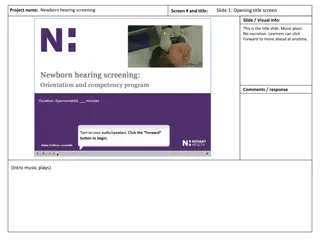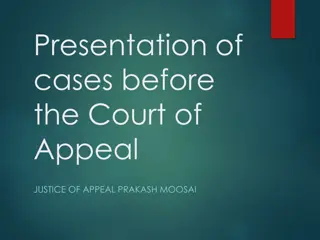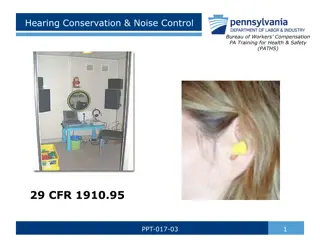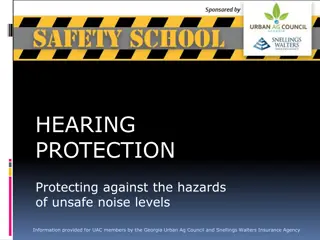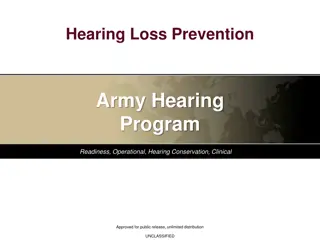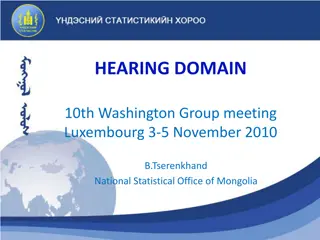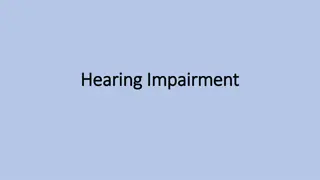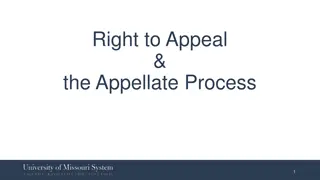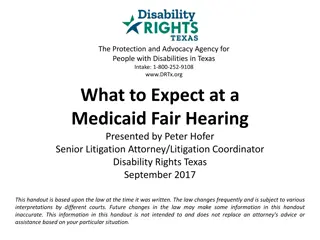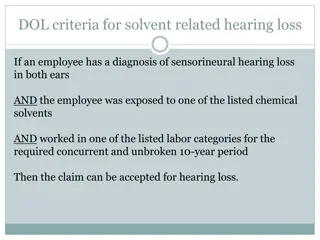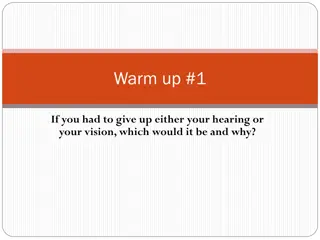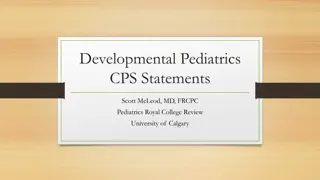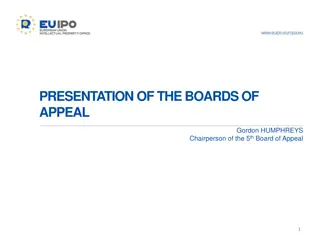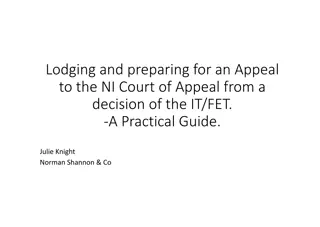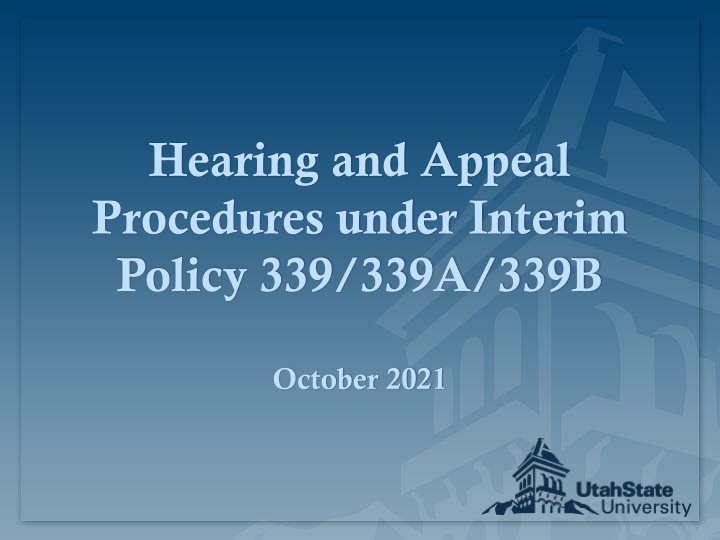
Interim Policy 339/339A/339B Hearing and Appeal Procedures 2021
Explore the detailed hearing and appeal procedures under the Interim Policy 339/339A/339B as of October 2021. The process involves investigation, live hearings, evidence presentation, cross-examination, and participant roles during the proceedings.
Download Presentation

Please find below an Image/Link to download the presentation.
The content on the website is provided AS IS for your information and personal use only. It may not be sold, licensed, or shared on other websites without obtaining consent from the author. If you encounter any issues during the download, it is possible that the publisher has removed the file from their server.
You are allowed to download the files provided on this website for personal or commercial use, subject to the condition that they are used lawfully. All files are the property of their respective owners.
The content on the website is provided AS IS for your information and personal use only. It may not be sold, licensed, or shared on other websites without obtaining consent from the author.
E N D
Presentation Transcript
Hearing and Appeal Procedures under Interim Policy 339/339A/339B October 2021
Hearing Basics, Pt. 1 Prior to the live hearing, the Office of Equity investigation gathers evidence, interviews parties and witnesses, and allows for a written response by the parties to both the record evidence and preliminary investigation report. The Office of Equity then issues a final report, summarizing the relevant evidence gathered in the investigation. The live hearing is the first and primary determination phase of the sexual misconduct grievance process as to whether or not there is a preponderance of the evidence of a policy violation
Hearing Basics, Pt. 2 The hearing is scheduled within 25 days of the issuance of an Investigation Report The hearing allows parties to present their cases and to cross-examine one another (through their Process Advisors), The hearing panel determines whether a policy violation occurred by a preponderance of the evidence, and, The hearing is recorded.
Hearing Attendees The hearing shall be closed to the general public and only the following individuals will be allowed into the hearing room: Hearing Panel Members; Hearing Officer; University Legal Counsel; Claimant; Claimant's Process Advisor and/or Support Person; Respondent Respondent s Process Advisor and/or Support Person; A University law enforcement officer; The Title IX Coordinator or their designee and Office of Equity investigator; The Sanctioning Authority or their designee; Witnesses, including Expert Witnesses. Witnesses will be present only at the time of their testimony and will not be permitted to hear the testimony of other Witnesses.
Location of Hearing Hearings may be conducted either: With all parties physically present, in the same location, or Any party, witness, hearing officer, or a member of the Hearing Panel, may appear for the hearing via videoconferencing All participants must be able to simultaneously see and hear each other for the entire proceeding with the exception of recesses.
Roles during Hearing Hearing Officer: serves in an advisory role to the Hearing Panel regarding hearing procedures. E.g., Assists Panel in determining relevance for each question and when they find a question is not relevant, they will state the reason for their decision on the record Process Advisor: may appear and conduct cross-examination on the party s behalf. Every party must have a Process Advisor at the hearing. Hearing Panel: ask relevant questions during the hearing, take notes, determine whether process advisor questions are relevant, determine whether or not there is a preponderance of the evidence of a policy violation, prepare and issue written determination Hearing Panel Chair: calls proceedings to order, maintains decorum, directs hearing panel responsibilities
Hearing Overview Hearings are generally scheduled for two hours. Hearing Chair reviews hearing rules and asks individuals to identify themselves and their role in the hearing Office of Equity Opening Statement (10 minutes) Claimant Opening Statement (10 minutes) Respondent Opening Statement (10 minutes) Panel questions Claimant Respondent s process advisor questions Claimant Hearing Panel must approve all questions. Questions must be relevant.
Hearing Overview Panel questions Respondent Claimant s process advisor questions Respondent Hearing Panel must approve all questions. Questions must be relevant. Panel questions Witness 1 Claimant s process advisor questions Witness 1 Respondent s process advisor questions Witness 1 Additional witnesses questioned as listed above Claimant Closing Statement (10 minutes) Respondent Closing Statement (10 minutes)
Hearing Overview The panel will end the hearing. The panel will deliberate on the evidence presented and move toward a determination and next steps. Note that a recess may be called at any time.
First Requirements of Hearing Panel (If Finding) Within 5 business days of the hearing, the Hearing Panel shall issue a Preliminary Findings Letter to the Sanctioning Authority and the Title IX Coordinator, outlining the policy violations the Hearing Panel has found Respondent to have committed, if any. The Hearing Panel will reach a decision as to whether the Respondent violated this policy by a Preponderance of the Evidence, and shall issue a written Determination.
Requirements of Sanctioning Authority Upon receipt of Preliminary Findings Letter, the Sanctioning Authority shall issue a Sanctions Letter outlining the Sanction that should be ordered for each of the policy violations the Hearing Panel has found the Respondent to have committed. The Sanction shall be proportionate to the policy violation(s), taking into account the parties statements on Sanctions, if any, and Mitigating, Aggravating, and Compounding Factors
Requirements of Office of Equity Within 10 business days of receiving the Preliminary Findings Letter from the Hearing Panel, the Title IX Coordinator or their designee shall issue a Remedies Letter to the Hearing Panel, outlining the Remedies that will be provided to the Claimant for each of the policy violations the Hearing Panel has found the Respondent to have committed.
Second Requirements of Hearing Panel Within 20 business days of the hearing, the Hearing Officer shall electronically issue a written Determination to the parties, Process Advisors (if any), the investigator, the Sanctioning Authority, and the Title IX Coordinator, simultaneously. If the Hearing Panel finds the Respondent to have violated the policy, the Hearing Panel will attach the Sanction and Remedies Letters to its Determination.
Appeals Basics Within 10 business days of the date the Determination and/or the Sanction are issued, any party may file a written Appeal of the Hearing Panel s Determination and/or the Sanction with the Hearing Officer The appellate panel can dismiss the appeal if it does not meet the standard for appeal and/or it was not timely filed The non-appealing party can file a written response to appeal An appeal is performed on the record i.e., there is no hearing.
Appeals Standards (Finding) 1) Procedural irregularity that affected the outcome of the matter; 2) New evidence that was not reasonably available at the time the Determination of whether the Respondent violated this Policy was made, that could affect the outcome of the matter; and/or 3) The Title IX Coordinator, investigator(s), or decision- maker(s) had a Conflict of Interest or Bias for or against Claimants or Respondents generally or the specific Claimant or Respondent that affected the outcome of the matter.
Appeals Standards (Sanction) 1) The Sanctioning Authority had a Conflict of Interest or Bias for or against Claimants or Respondents generally or the specific Claimant or Respondent that affected the Sanction; or 2) The Sanction is not proportionate to the violation (considering aggravating, mitigating, and compounding factors).
Responsibilities of Appellate Panel Within 25 business days of the date the Appeal is filed with them, the Appellate Panel will issue a written Appeal Decision simultaneously to the Hearing Officer and to both parties, including the rationale for the Appeal Decision. In making its Appeal Decision, the Appellate Panel will review the relevant parts of the Record. The Appeal Decision will outline ground(s) on which the Determination and/or Sanction was appealed. The Appeal Decision shall state whether there was substantial prejudice with regard to the Determination and/or whether the Sanction was proportionate based on Mitigating, Aggravating, and Compounding Factors.
Potential Outcome of Appeal Affirm the Hearing Panel s Determination or Sanction Modify the Hearing Panel s Determination or Sanction Remand the Determination or Sanction to the Hearing Panel (appropriate where evidence was not available to the Hearing Panel) Overturn the Determination if the Determination was based on a procedural error(s) and that the error(s) resulted in prejudice to the appealing party. Overturn the Sanction if the Sanctioning Authority had a conflict of interest or bias that affected the Sanction and/or the Sanction is not proportionate to address the policy violations Respondent is found to have committed.
Thank You! Office of Equity Logan Campus Old Main, Room 161 435-797-1266 Prevention Specialists Jodie Goodman, jodie.goodman@usu.edu Tanisha Barker, tanisha.barker@usu.edu Katie Freeman, katie.freeman@usu.edu Supportive Measures Specialist Rachel Bernardo, rachel.bernardo@usu.edu Executive Director Alison Adams-Perlac, alison.adams-perlac@usu.edu Data Analyst Raj Dwarapureddi, raj.dwarapureddi@usu.edu Title IX Coordinator Hilary Renshaw, hilary.renshaw@usu.edu Staff Assistant Carolyn Baker, carolyn.baker@usu.edu Case Coordinator Kimiko Smith, kimiko.smith@usu.edu Senior Equity Investigators Jeris Kendall, jeris.kendall@usu.edu Steven Rammell, steve.rammell@usu.edu equity.usu.edu sexualrespect.usu.edu Senior Prevention Specialist Emmalee Fishburn, emmalee.fishburn@usu.edu

